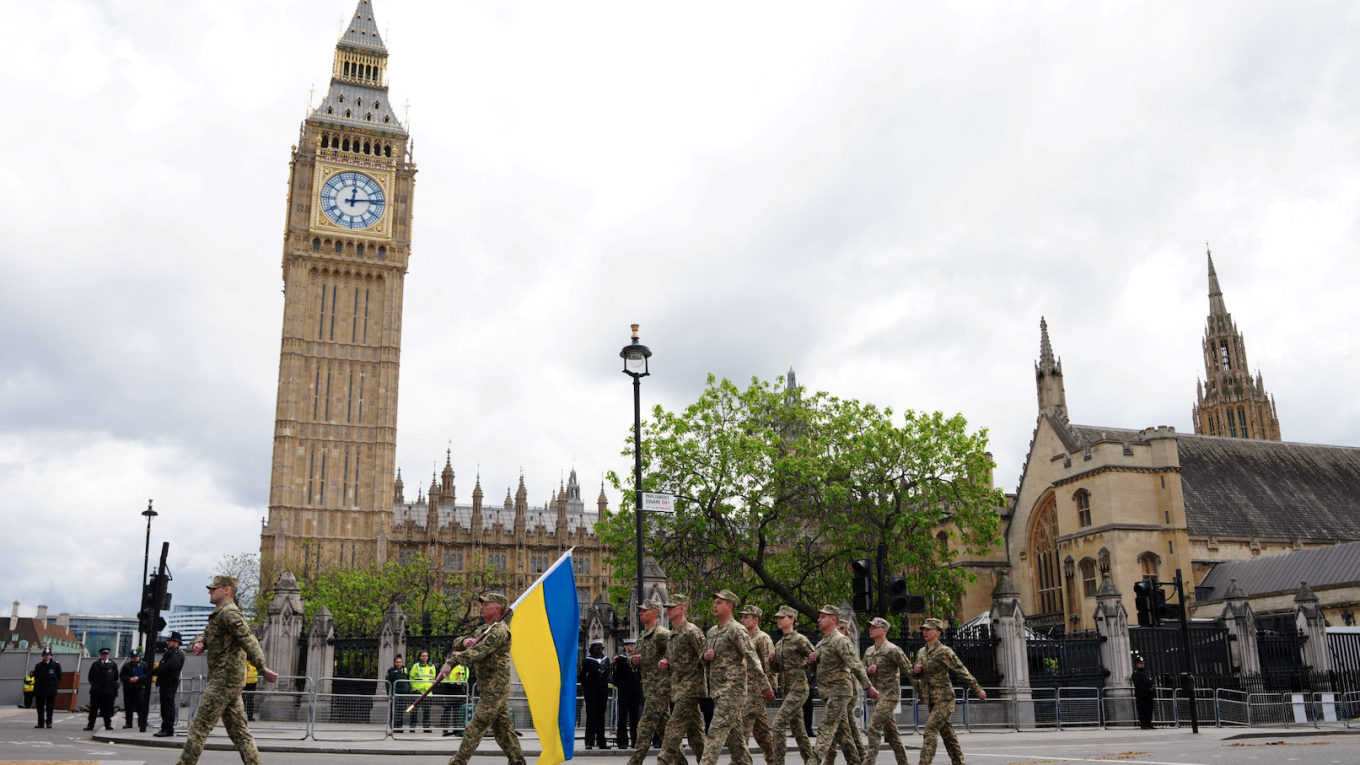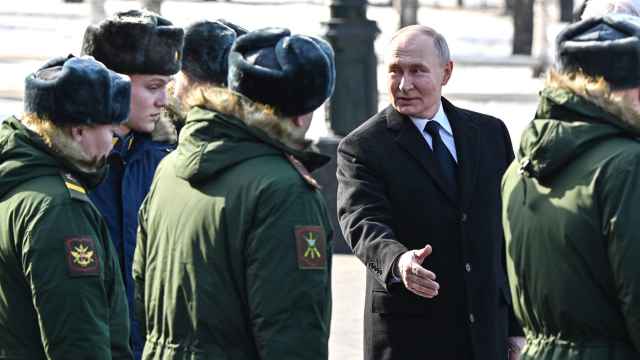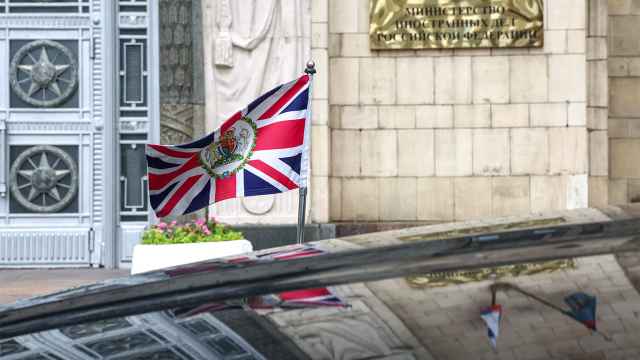Britain on Monday slapped sanctions on 135 oil tankers in Russia's shadow fleet in a bid to disrupt the flow of money helping Moscow fund the war in Ukraine.
A shipping services company and an oil trading firm were also sanctioned as part of the crackdown on a fleet "responsible for illicitly carrying $24 billion worth of cargo since the start of 2024," the Foreign Office said in a statement.
Security analysts say the fleet of aging vessels is used by Russia to circumvent international sanctions that ban it from selling oil.
Hundreds of vessels have now been sanctioned by the European Union and the U.K. since Russian President Vladimir Putin ordered the invasion of Ukraine in February 2022.
"New sanctions will further dismantle Putin's shadow fleet and drain Russia's war chest of its critical oil revenues," Foreign Minister David Lammy said Monday.
The action came just days after "the U.K. and EU lowered the crude oil price cap further disrupting the flow of oil money into Putin's war chest," the ministry statement added.
The U.K. government also sanctioned the company Intershipping Services LLC, accused of "registering shadow fleet vessels under the banner of the Gabonese flagб" and Litasco Middle East DMCC, linked to Russian oil company Lukoil, "for its ongoing role in moving large volumes of Russian oil on shadow fleet vessels."
"As Putin continues to stall and delay on serious peace talks, we will not stand idly by," Lammy said.
"We will continue to use the full might of our sanctions regime to ratchet up economic pressure at every turn."
Britain earlier Monday called for a 50-day drive to arm Ukraine after U.S. President Donald Trump gave Moscow 50 days to strike a peace deal with Kyiv.
Trump also pledged to supply Kyiv with new military aid, sponsored by NATO allies, as its cities suffer ever-increasing Russian aerial attacks.
A Message from The Moscow Times:
Dear readers,
We are facing unprecedented challenges. Russia's Prosecutor General's Office has designated The Moscow Times as an "undesirable" organization, criminalizing our work and putting our staff at risk of prosecution. This follows our earlier unjust labeling as a "foreign agent."
These actions are direct attempts to silence independent journalism in Russia. The authorities claim our work "discredits the decisions of the Russian leadership." We see things differently: we strive to provide accurate, unbiased reporting on Russia.
We, the journalists of The Moscow Times, refuse to be silenced. But to continue our work, we need your help.
Your support, no matter how small, makes a world of difference. If you can, please support us monthly starting from just $2. It's quick to set up, and every contribution makes a significant impact.
By supporting The Moscow Times, you're defending open, independent journalism in the face of repression. Thank you for standing with us.
Remind me later.






